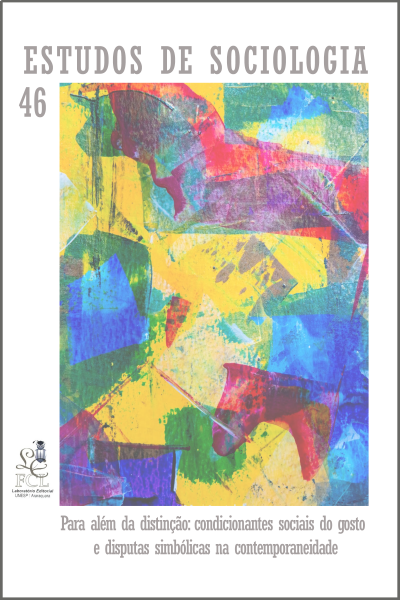Real estate heritage converted into cultural heritage: the house as a space of transmission of the erudite taste in families of São Paulo’s cultural elites
DOI:
https://doi.org/10.52780/res.12353Keywords:
Elites, Housing, Erudite Taste, Heritage,Abstract
This article investigates the transmission of cultural heritage among members of elite families whose parents were commissioners of “author’s architecture” houses, i.e., designed by architects recognized and valued for their signature. Based primarily on a set of interviews with their children, we sought to restore the dynamics of acquisition and conservation of the various capitals within these groups. The analysis of cases allows us to expose the continuity of the cultural transmission and the artistic taste from the domestic experience. For these members of culturally privileged groups, who since childhood have had the experience of living in domestic spaces endowed with the most prestigious material resources such as books, works of art, design furniture, objects of collection and family relics, the house was a space which constituted a cultivated relationship with the culture. The erudite cultural heritage is manifested in the most diverse domains of life, in the body hexis and in internalized values, in cultural practices and professional choices.
Downloads
Downloads
Published
How to Cite
Issue
Section
License

À revista Estudos de Sociologia ficam reservados os direitos autorais pertinentes a todos os artigos nela publicados.
Os artigos publicados e as referências citadas na revista Estudos de Sociologia são de inteira responsabilidade de seus autores.
A Estudos de Socilogia utiliza a licença https://creativecommons.org/licenses/by/4.0/ (CC BY), que permite o compartilhamento do artigo com o reconhecimento da autoria.



